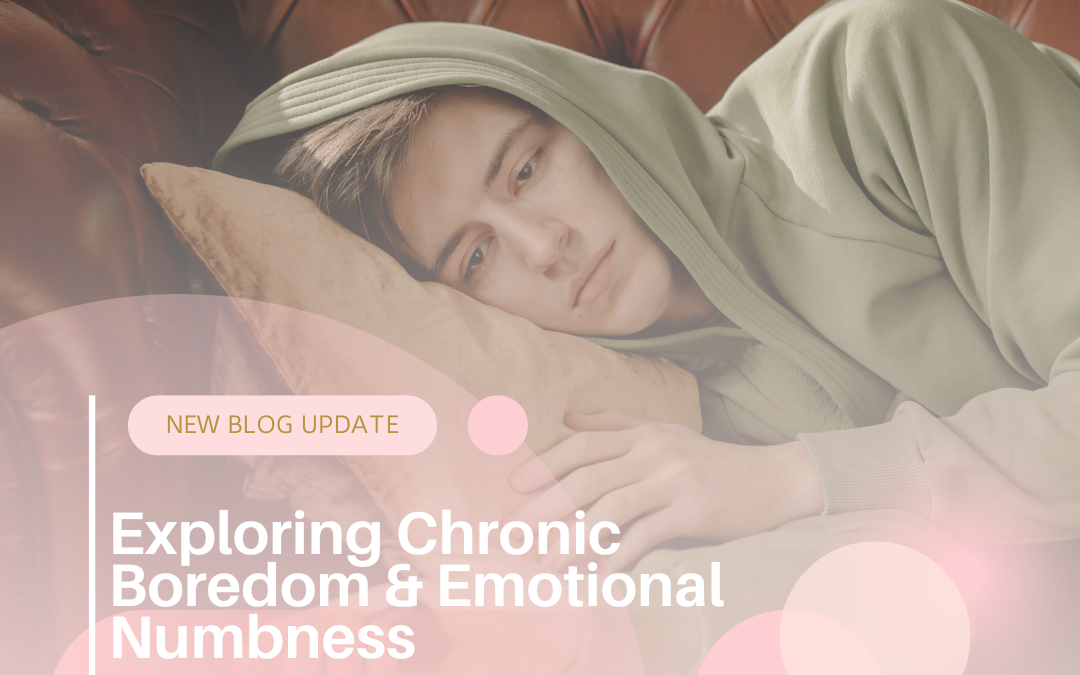In an age where our smartphones buzz with constant updates, streaming services offer endless entertainment, and productivity is glorified, one might assume that boredom is a thing of the past. Yet paradoxically, more and more people are reporting feeling bored, emotionally flat, and disconnected from their lives. This isn’t just about having nothing to do—it’s about a deeper, more insidious form of emotional numbness tied to the way we live today.
Let’s explore how our modern lifestyle may be quietly contributing to this chronic sense of detachment—and what we can do to reclaim our emotional vitality.
1. Digital Overstimulation: The Illusion of Engagement
We’re never truly “bored” in the traditional sense anymore. If there’s a lull, we fill it instantly—scrolling Instagram, checking news alerts, watching TikToks. But this constant stimulation dulls our internal reward system. Our brains adapt to the dopamine rush, making slower, more meaningful activities (like reading, cooking, or even talking) feel… underwhelming.
What starts as harmless distraction can evolve into emotional blunting, where everything feels “meh” and nothing feels satisfying.
2. Lack of Deep Connection
Despite being more “connected” than ever, many people struggle with loneliness and shallow relationships. The erosion of community, in-person interaction, and shared experiences leaves us with fewer opportunities for emotional resonance.
When we don’t feel seen or emotionally safe with others, we often retreat inward. This self-protective detachment can slowly morph into numbness.
3. Hustle Culture and Over-Scheduling
We are conditioned to stay busy. Productivity is celebrated, and rest is mistaken for laziness. This go-go-go mindset leaves little room for curiosity, play, or presence—all of which are antidotes to boredom.
Ironically, when we finally stop, we don’t know how to just be. This void creates discomfort we mislabel as boredom, when it might actually be unprocessed stress or emotional disconnection.
4. Fast Consumption, Shallow Satisfaction
From fast food to binge-watching, modern lifestyles favor quick, low-effort gratification. But these don’t offer lasting fulfillment. We are consuming experiences, not living them.
This shallow engagement with life can leave us feeling full but unfed—like we’re skimming the surface of our days without ever diving into meaning.
5. Repetitive Routines Without Purpose
Many people follow routines that feel mechanical—wake, work, sleep, repeat. When days blur together without a sense of growth or intention, life can feel predictable and emotionally flat.
Without purpose or novelty, even the most stable life can feel stifling.
How to Reignite Engagement with Life
Here are a few ways to counteract chronic boredom and emotional numbness:
-
Embrace slow, analog experiences: Walk without a destination. Write by hand. Sit in silence. Let your mind wander without interference.
-
Prioritize novelty and creativity: Try a new hobby, travel to a different part of your city, or shake up your routine.
-
Limit passive consumption: Set boundaries around screen time and social media. Create more than you consume.
-
Invest in deep relationships: Prioritize vulnerability and authenticity over small talk.
-
Reconnect with your “why”: What values or dreams guide you? Revisit them. Let them shape your choices.
Final Thoughts
Boredom and emotional numbness aren’t just personal problems—they’re cultural symptoms. By recognizing how modern life shapes our emotional world, we can make small, intentional shifts to reclaim joy, purpose, and presence.
You don’t need more to do. You need more to feel. And that starts with choosing depth over distraction.


Recent Comments